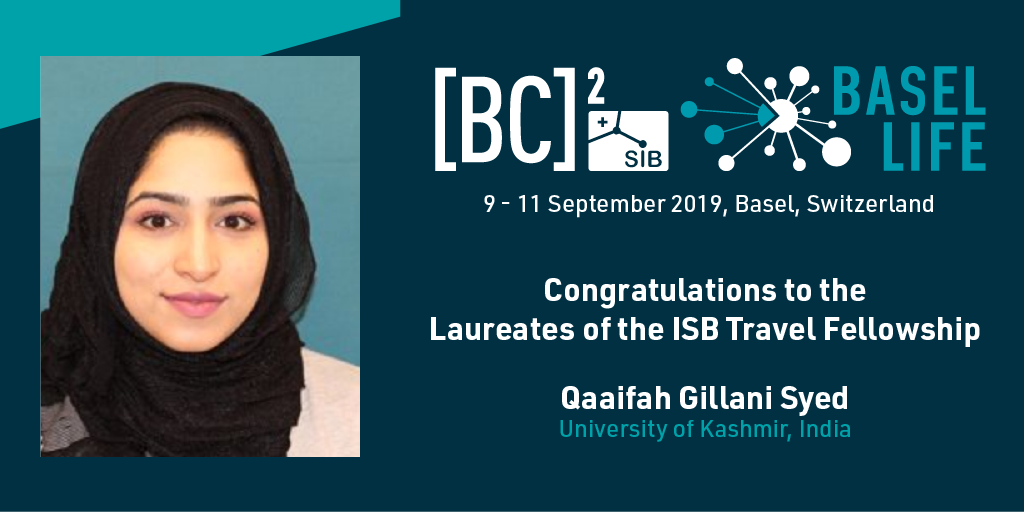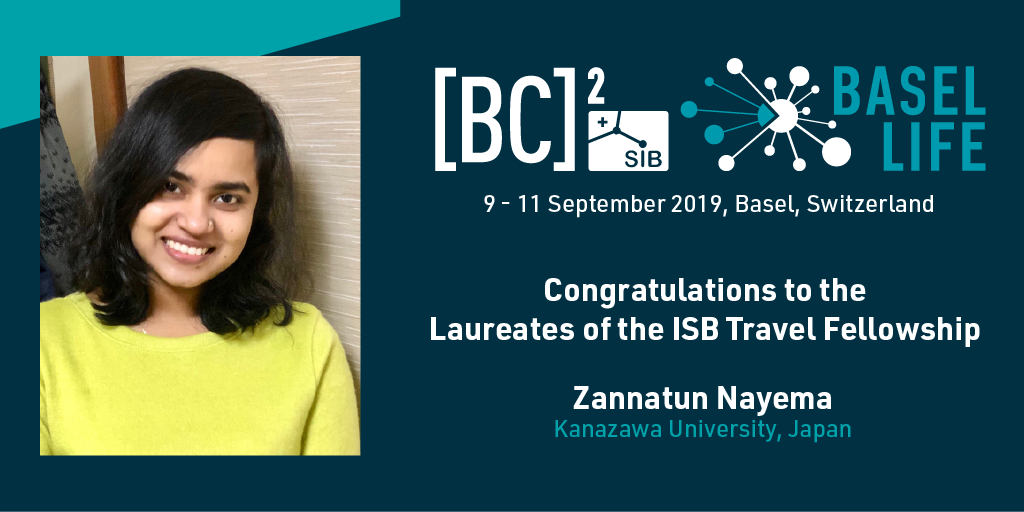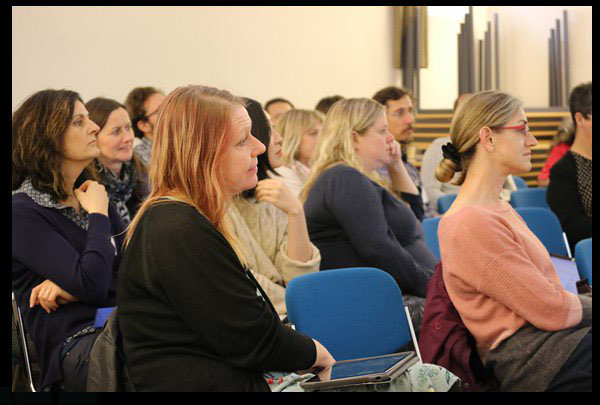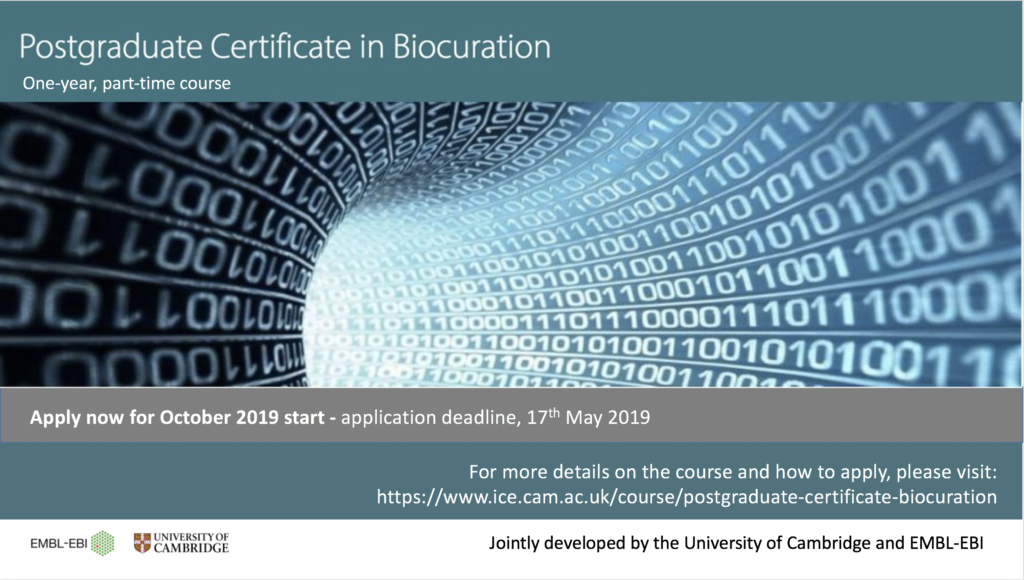The International Biocuration Conference is a unique event for biocurators and developers of biological databases to discuss their work, promote collaborations, and foster a sense of community in this very active and growing area of research. For the 13th International Biocuration Conference in Bar Harbor, Maine, USA, you are invited to submit your work for publication. This call for papers is done in collaboration between DATABASE: The Journal of Biological Databases and Curation and the International Society for Biocuration. The DATABASE journal will publish an online Virtual Issue of the accepted papers. See below for a link to last year’s issue. This is the perfect opportunity to enhance the recognition of your work and of our profession by the greater biological research communities. Additionally, the Biocuration 2020 scientific committee will consider inclusion of accepted papers for full oral presentations at the conference. Note that you must also register and submit your abstract separately for the meeting.
The manuscript review process will be expedited by the journal’s associated editors and they will thus need to be firm on the submission deadlines:
Submission deadline: October 31, 2019
First decisions: December 6, 2019
Deadline for revisions: January 10, 2020
Final decisions: February 28, 2020
Conference: May 17-20, 2020
Authors wishing to submit to DATABASE for the 2020 Biocuration Virtual issue should go to the DATABASE home page and click on the “Submission Site” Submit menu option after having read the “Instructions to Authors”. Authors should CLEARLY state that they are submitting the manuscript for consideration for the Biocuration 2020 conference so that the DATABASE staff will ensure appropriate fast-track for inclusion in this meeting’s proceedings. In addition, within the database submission form, you should also select “Biocuration Conference Paper” as a manuscript type. We look forward to your participation at Biocuration 2020, the 13th International Biocuration Conference.
IMPORTANT NOTE: Submitting a paper to DATABASE does not in itself automatically register you to give a talk or poster at the Biocuration 2020 conference. You must register for the meeting and submit your abstract separately to be considered for a presentation. Information about abstract submission for the meeting will be announced soon.
The proceedings of the past International Biocuration Conference, the Biocuration Virtual Issue are online.





